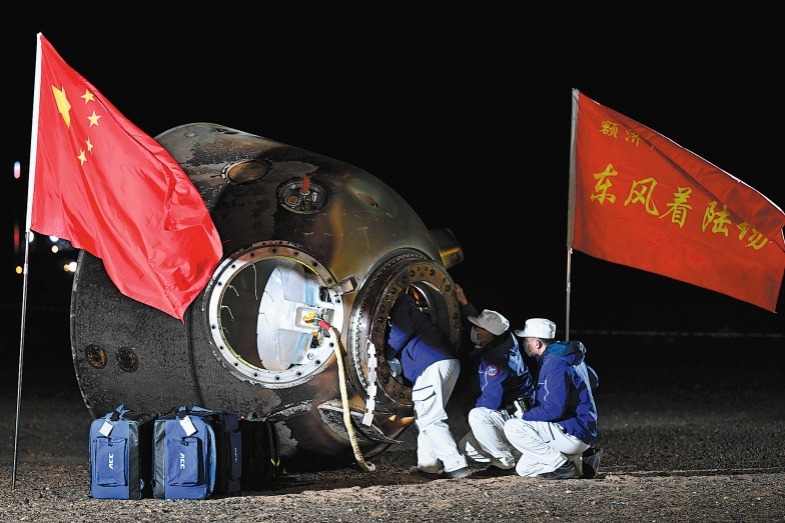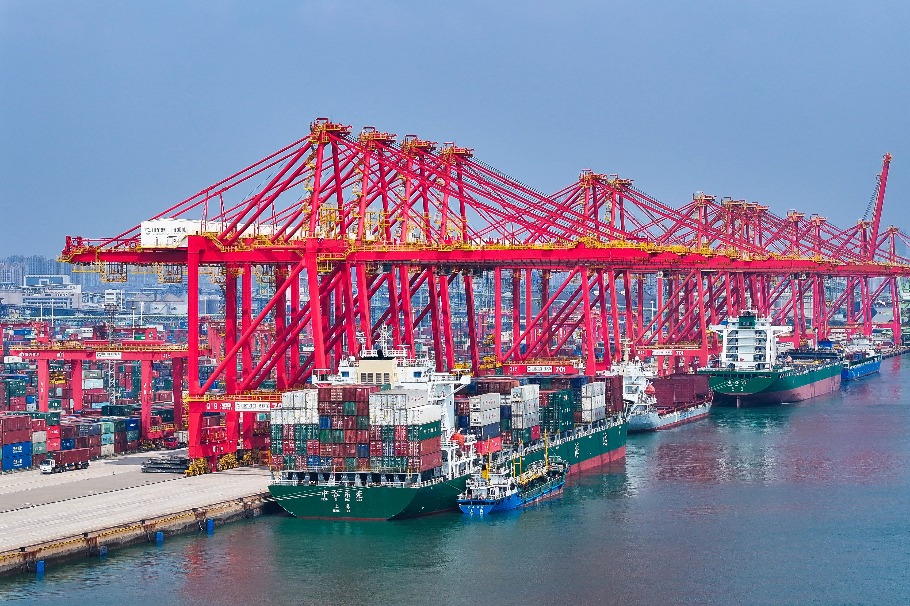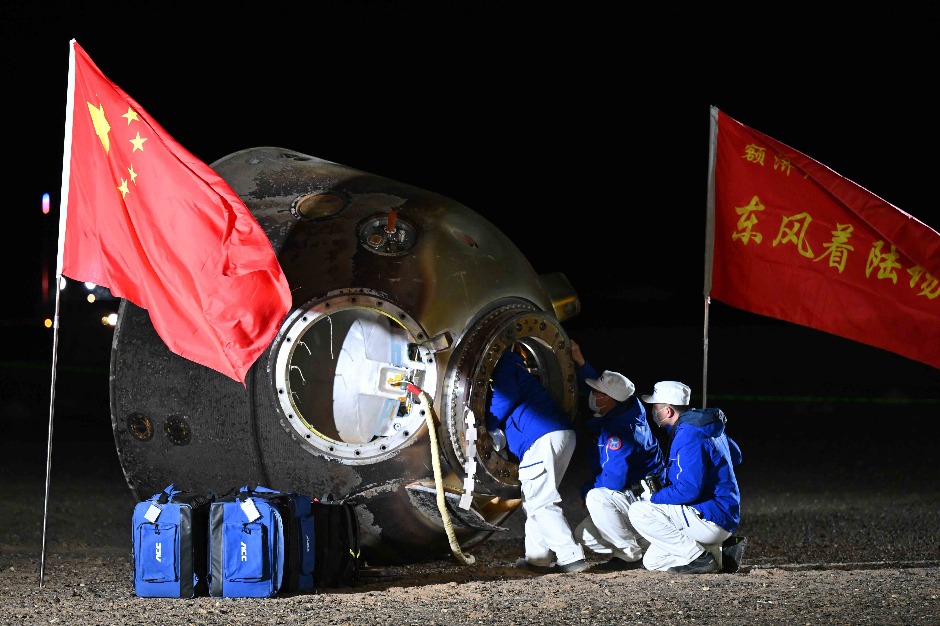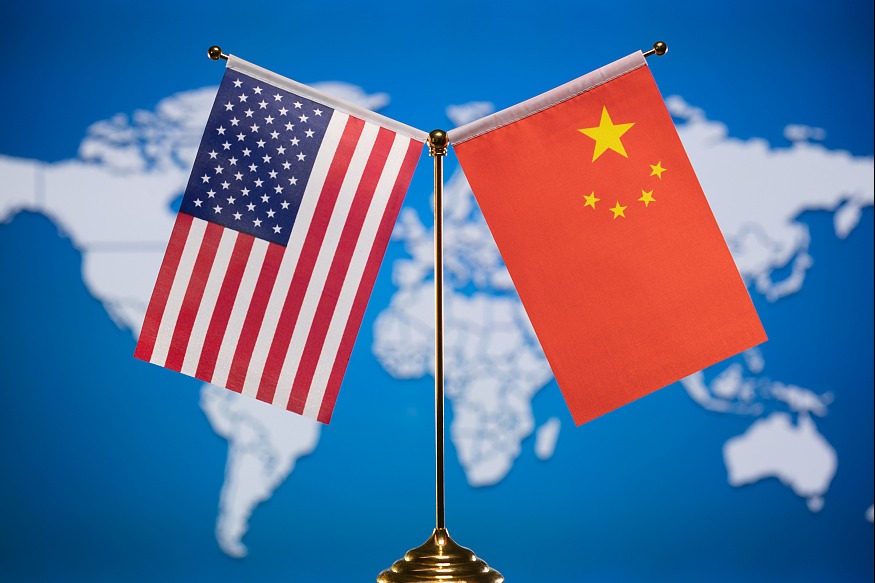Signs of thawing of Sino-Japanese relations evident


Chinese Foreign Minister Wang Yi and Japan's chief national security adviser, Takeo Akiba, agreed to maintain dialogue between China and Japan at various levels after a marathon meeting in Beijing on Monday.
Although their exchanges touched upon many subjects of common concern and interest, and were related to regional peace and stability, as the readouts of the two sides indicated, it is widely believed the Monday's talks were intended to lay the groundwork for the first meeting between the two countries' leaders on the sidelines of a multilateral gathering in South America later this month.
According to Japanese media reports, Japanese Prime Minister Shigeru Ishiba is expected to attend the Asia-Pacific Economic Cooperation leaders' meeting in Lima, Peru, on Nov 15-16 and the G20 Summit in Rio de Janeiro, Brazil, from Nov 18 to 19.
Ishiba, who took office on Oct 1, has sent out a series of positive messages on repairing Sino-Japanese relations after the Japanese government realized the folly of previous prime minister Fumio Kishida's obsessively pro-United States policy.
Ishiba has already met with Chinese Premier Li Qiang. The two met in the Laotian capital of Vientiane on the sidelines of a series of meetings of the Association of Southeast Asian Nations last month, and agreed to promote a "mutually beneficial relationship based on common strategic interests".
According to an earlier understanding between the two countries, China will gradually lift the ban on seafood imports from Japan, which was imposed after Tokyo began dumping radioactive water from the crippled Fukushima Daiichi nuclear power plant into the sea in August 2023.
Carrying on this positive momentum, the four-and-a-half-hour meeting between Wang and Akiba was undoubtedly productive, as the two sides reportedly also discussed the discharge of the nuclear-contaminated water from the Fukushima plant into the sea.
More importantly, the two sides reiterated that they will abide by the principles and consensuses mentioned in the four Sino-Japanese political documents and build a strategic and mutually beneficial relationship.
As Wang correctly pointed out, Sino-Japanese relations are at a critical juncture. So the two sides need to continue making efforts to improve bilateral relations in accordance with the consensus reached by the leaders of the two countries. To that end, Japan should develop an objective understanding of China, abide by the political commitments it made on the Taiwan question, and help develop bilateral relations.
China is firmly committed to the path of peaceful development and pursues a defensive defense policy. It is a major country with the best record of peace, and will continue to uphold fairness and justice to prevent war and chaos in the Asia-Pacific and beyond. It is hoped that Japan and China can work together to resist the incitement of confrontation by external forces in the region and maintain regional peace and stability with practical actions.
































